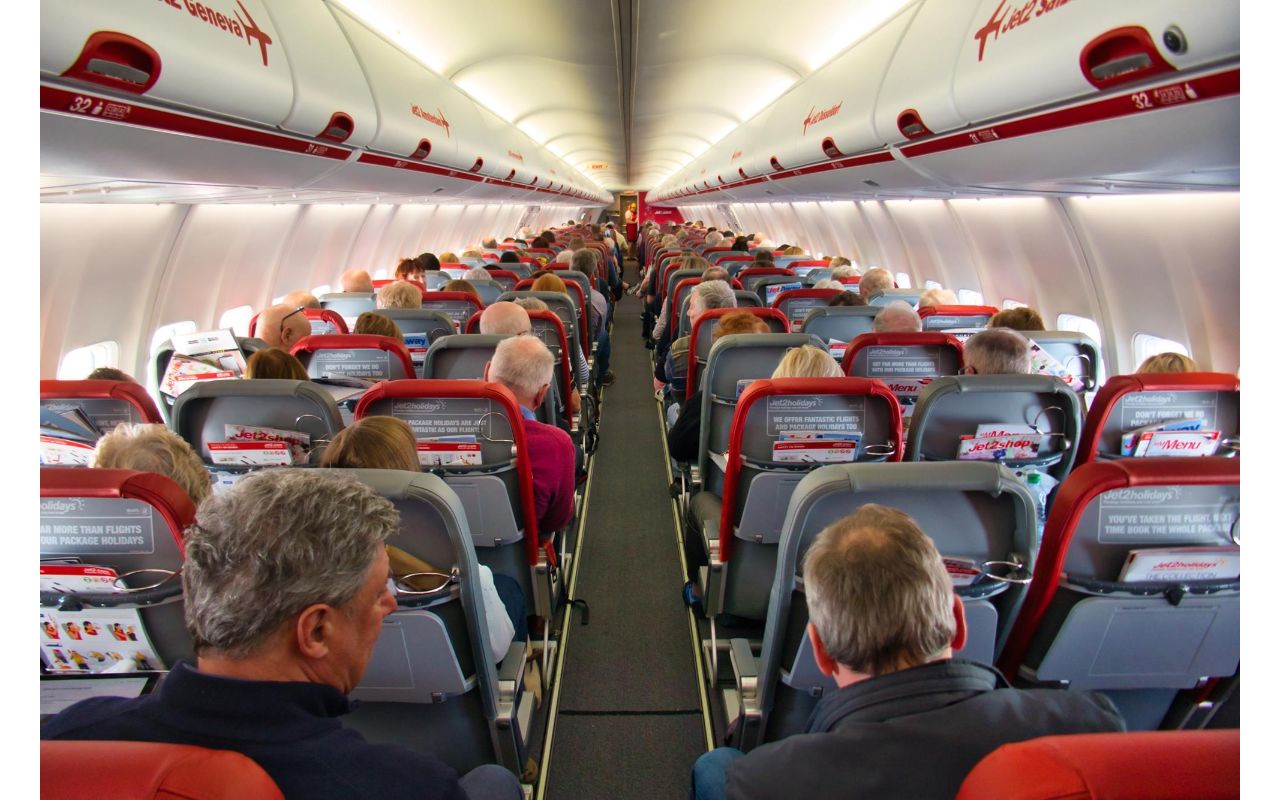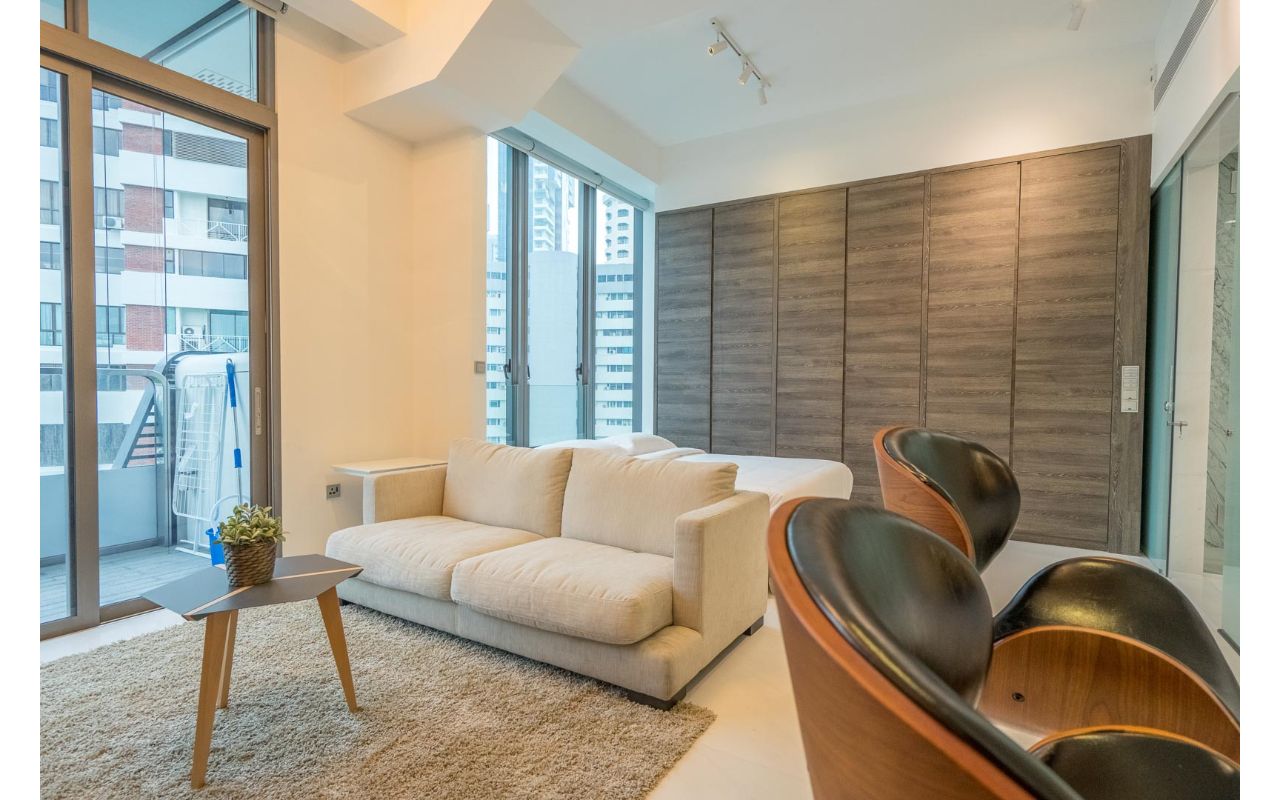Coronavirus Will Change How You Travel
How will global travel change? How will travellers adapt? What can we do to prepare ourselves?
New norms aren’t new anymore. They’re just.. norms now.
As we break into the second half of the year, many industries including that of travel and hospitality are adapting and revamping in response to the coronavirus pandemic. With a million jobs on the line and billions of lives at risk, governments are carefully and intricately juggling the two to ensure minimal disruption to their people’s lives.
How will global travel change? How will travellers adapt? What can we do to prepare ourselves?
Flying high and safe
As many more airlines plan to resume flights as early as this month, the first round of travellers (travelling to reunite with their families or for essential work) will experience the changes first hand.
Seen in this Singapore Airlines video recently released, it’s evident that airlines globally besides have been thinking hard on how to ensure safety and health of travellers.
From digital menus and catalogues to prevent and reduce physical interactions between cabin crews and travellers, complimentary Care Kits to HEPA filters to ensure the air that travellers breathe is safe.
Check out their presentation here. If you’re interested to read more on their new efforts.
On top of these, both governments and airlines are enforcing in-flight social distancing. That means at least one empty seat between two fliers. Increased cleaning frequencies mean additional manpower too. However, with these measures in place, come painful cost.
As the airline industry is expected to lose $84.3 billion in 2020, these additional (but necessary) measures are akin to rubbing salt on open wounds. Unfortunately, yet not surprisingly, travellers are set to bear these costs.

With reports of flight tickets doubling, we definitely hope this is only temporary and to be able to fly once again – to any country of our heart’s desire, for more than just work or ‘essential travel’!
As we expect aftershocks from this Covid-19 pandemic and threats of a second wave, industries in the tourism sector are preparing and bracing themselves with safeguards and close compliance to regulations. Cruise lines, railway travel and other modes of travel are set to return too and on the path of recovery, it will be interesting to see what new measures will be placed.
Stop! Health-check time!
Not too long ago, when wanderlust hits you square in the face, all you needed was just your passport, flight ticket(s) and an inexpensively short Grab ride to Changi to fly. Plus, with many budget airlines and flights, you could theoretically have dim sum for breakfast in Hong Kong and a tom yum steamboat dinner in Bangkok in only a few hours.
Those days are sorely missed.
With travel restrictions in place, not only by the Singaporean government but also by hundreds of other countries globally, it’s no longer as easy to travel – for now at least. World travel and tourism has never seen anything like this.
As if visas aren’t troublesome already, there are now dozens of countries requesting for health declarations before travellers are permitted to enter – it’s pretty likely this will be here to stay until a vaccine is found.
A safe place to lay your head
Modes of travel, immigration, and accommodation. These 3 are the main pillars to travel. So what can we do to choose the best choice on where we should sleep when abroad in the midst of the pandemic?
If you’ve always frequented hotels, perhaps now would be a great time to consider serviced residences. Lesser foot traffic, fewer people sharing common facilities (compared to hotels and resorts), and non-centralised air conditioning are just a few reasons to consider so.
A cosy and private studio apartment scrubbed top to bottom to ensure travellers’ safety. Just walking distance away from two MRT stations.
A contactless check-in experience is important too. Efficiency aside, it’s definitely safer to check-in (and out) digitally without human contact. Elbow grease (actual grease from arms of weary travellers) on reception desks? Heck no. It’s 2020 and we’ve got a pandemic going on!
Digital contracts, payment and even PIN-locked mailboxes holding keys to apartments and homes are definitely here to stay. If anything, this pandemic has definitely accelerated digital transformations across industries.
With the situation changing almost daily, it’s important to choose accommodation that offers flexible contracts for last-minute cancellations. I can’t stress enough, how important this is; as I’m still waiting for my refund on my flight ticket!
With MetroResidences for example, simply ping our customer service team (live chat, our MetroConnect app or good ol’ email) to arrange a guilt-free, hassle-free and quick cancellation when the need arises.
I know… it sucks being cooped up at home. It’s almost summertime too.
But for the sake of the many, many more summers to come, this is but a necessary and easy sacrifice relative to our healthcare workers’ sacrifices. However, if you’re required to travel for work or other essential travel reasons, do take the necessary safety precautions and opt to stay with MetroResidences!





